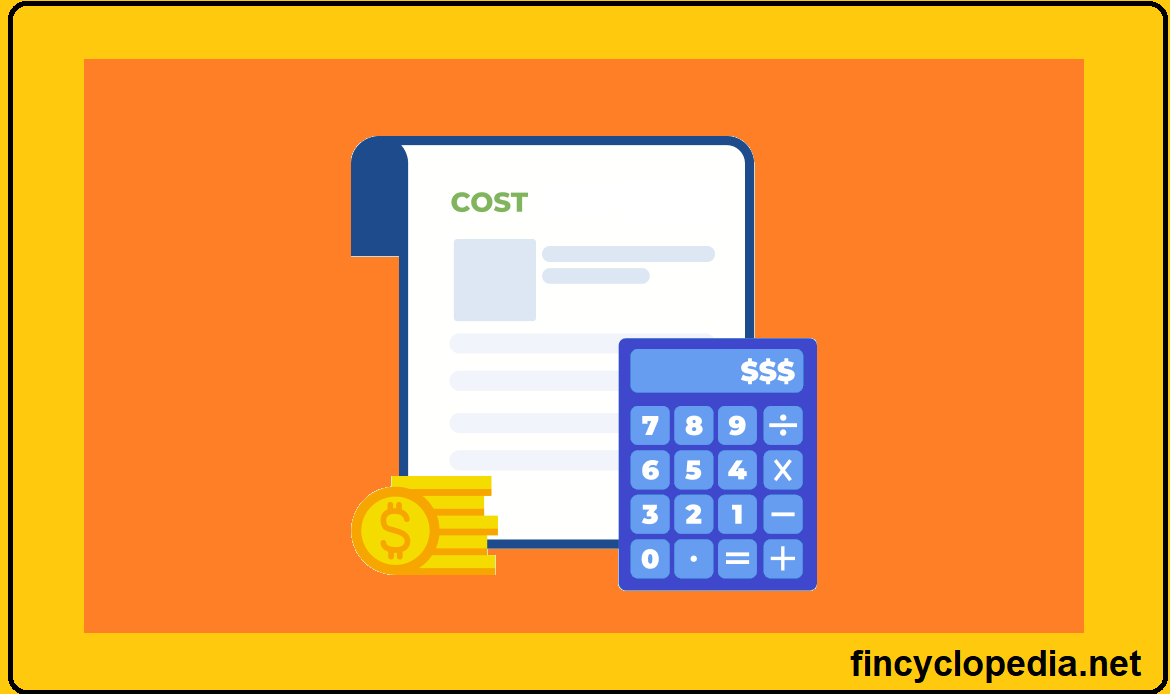The premium (excess return) that is earned over and above the return made from a risk-free investment (or a risk-free instrument). Equity premium constitutes the excess returns over the risk-free rate that an investor (holder) makes or expect to make for the incremental risks associated with the equity market.
The equity premium reflects the return in the equity market minus the return of a risk-free asset. It can help set equity returns against fixed-income returns. In the equity premium formula, equity returns are normally calculated by looking at the active market’s earnings yield, i.e., the inverse of the P/E ratio. This usually involves the use of trailing earnings.
This premium represents the compensation investors (individuals or entities) require to account for the margin between holding the risky market portfolio and a risk-free instrument or investment. The compensation relates to the future performance of underlying equities, and hence the premium has to take into consideration expectations of future equity market returns, which, by nature, are not directly observable.
In the equity market, equity premium is the price of risk for investing in equities as an asset class.
Equity premium is also known as equity risk premium.






